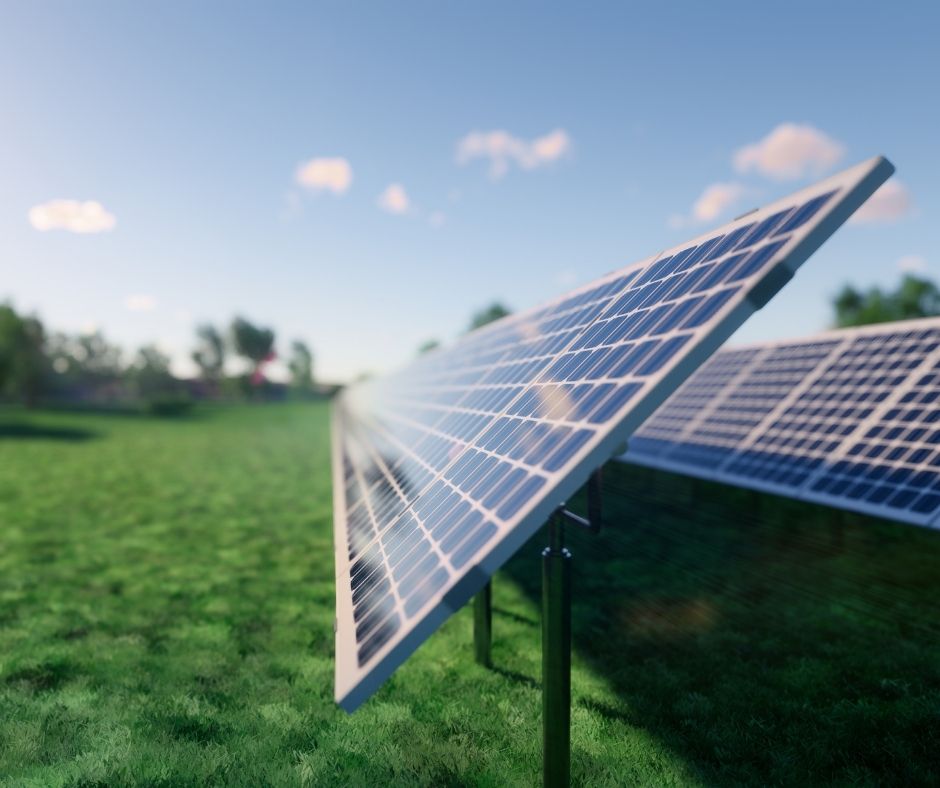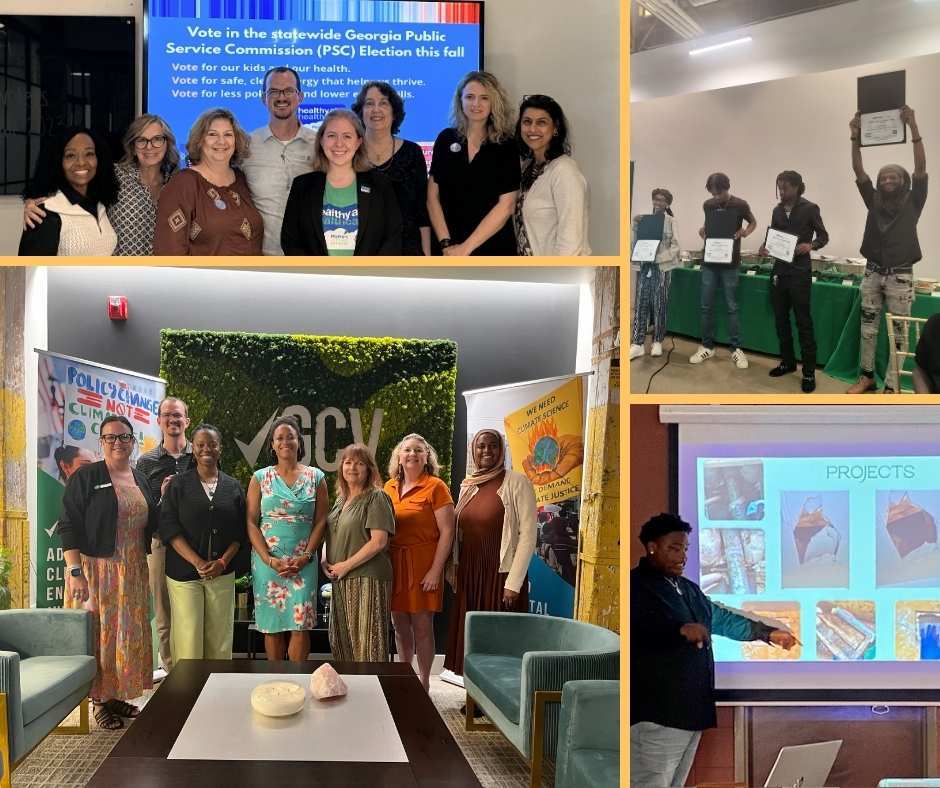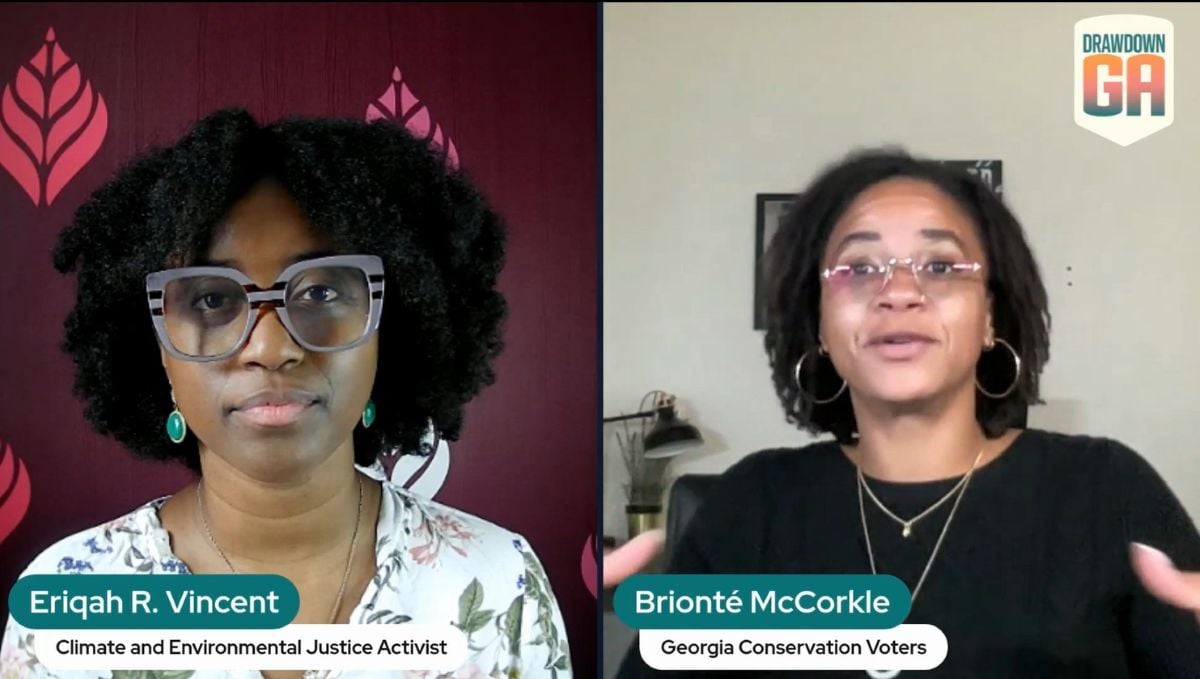This post originally appeared on the Drawdown Georgia Blog in November 2021; we are republishing it today as it provides an excellent background to the Georgia Power Integrated Resource Planning (IRP) Process, which we explored in greater depth at the February 23, 2022 webinar (you'll find the recording below). Georgia Power has filed this year’s IRP--learn more about the current plan here.
A promising path for moving climate solutions in Georgia forward with the 2022 Georgia Power IRP
Drawdown Georgia has mapped a promising path to lowering greenhouse gas emissions in our state that orients us to the most effective regional climate solutions, including many high-impact solutions in the electricity sector. As a result, we better understand which climate solutions will move Georgia toward a cleaner, healthier, and more equitable future.
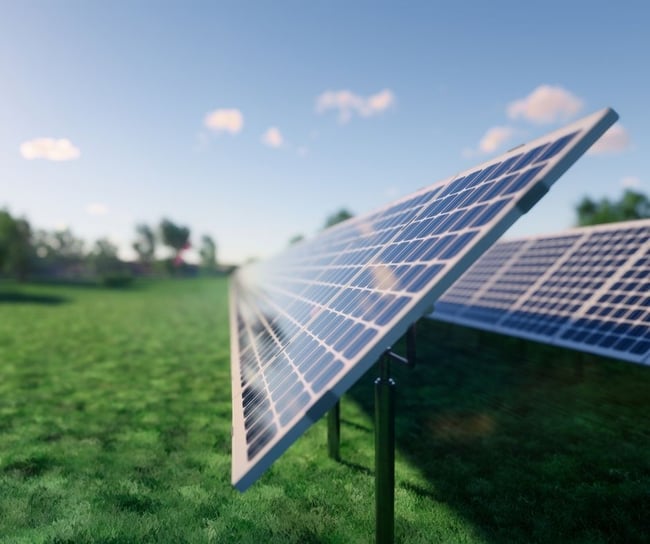
Scaling climate solutions in the electricity sector, like demand response, large-scale solar, landfill methane, and cogeneration requires careful planning. Every three years, Georgians have an opportunity to participate in the Integrated Resource Planning process (IRP) for Georgia Power, the largest electric utility in our state. The IRP process plays a critical role in charting our state’s energy future over the next 20 years. For example, how much new solar will be built, in large-scale solar farms and on rooftops? How many coal-fired power plants will continue to run? And, will more businesses and individuals participate in energy efficiency and demand response programs?
Individuals and organizations can participate in the IRP process. To learn more, join Southface, Vote Solar, and the Partnership for Southern Equity in their six-part 2022 Georgia IRP training and roundtable discussion series.
More information about the series is available at: https://tinyurl.com/IRPTraining2021.
What is the IRP?
Georgia law requires that Georgia Power, the state’s only investor-owned electric utility, file an IRP every three years. The utility filed its 2022 IRP in late January 2022. In the IRP, Georgia Power estimates demand for energy in its service territory for the next 20 years and then describes in detail how it plans to meet its forecasted load reliably and cost-effectively.
The upcoming IRP process offers an important opportunity for public engagement and gives Georgia residents a chance to help put into practice the high-impact solutions that are part of Drawdown Georgia’s solution set.
Georgia Power’s IRP considers a broad range of utility resource issues that address many of Drawdown Georgia’s high-impact solutions. This includes:
-
Deploying renewable energy resources, demand response, and energy efficiency programs;
-
Evaluating legacy power plants potentially in need of retirement;
-
Determining what new power capacity the utility may need to acquire; and
-
Scaling up emerging, clean technologies capable of helping the utility reliably meet its demand, such as utility-scale storage, smart metering, and grid modernization.
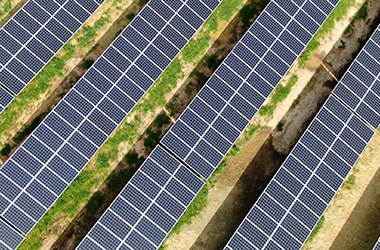
How does the IRP Process work?
The Georgia Public Service Commission (PSC) regulates Georgia Power and it has the authority to review and approve Georgia Power’s IRP. The process starts in late January 2022 with the utility filing. Then, during the months of February and March, Georgia PSC staff will be filing data requests to gain deeper insight into the Company’s plan.
In March, Georgia Power will file the direct testimony of its expert witnesses, which is a prelude to the first round of hearings that will take place before the Georgia PSC in April.
Next, expert witnesses for the Georgia PSC staff and other parties to the case, known as intervenors, will pre-file their testimony and the PSC will hold hearings on that testimony in May.
Finally, Georgia Power’s expert witnesses pre-file their rebuttal testimony and sit for cross-examination during a final round of hearings in June. The process wraps up with all parties filing briefs, the presentation and discussion of a staff recommendation to the Commissioners, and finally the Commissioner’s decision in July. The whole proceeding spans roughly six months.
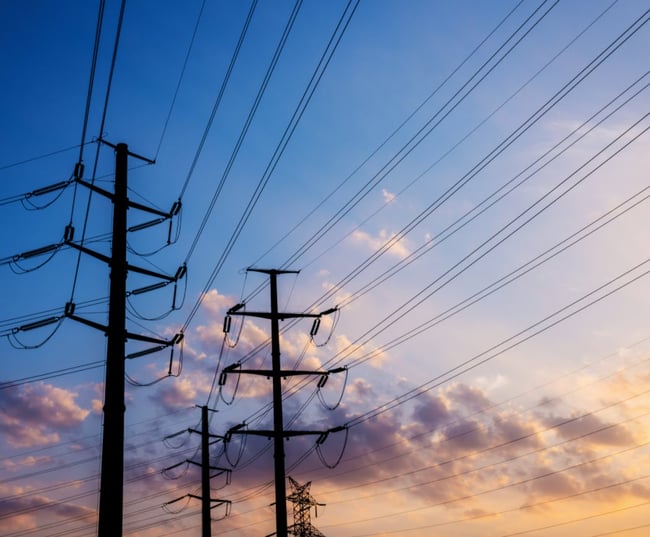
How can you get involved?
Different stakeholders can engage in the IRP process in different ways; there are a variety of ways to get involved in the 2022 IRP, including:
-
Making Public Comments – At the outset of the first two rounds of hearings (April and May), the Georgia PSC takes public comments. Those wishing to make public comments must sign up to do so with the PSC staff. The PSC typically allows each commenter to speak before the Commission for 3-5 minutes.
-
Meeting with Commissioners – Commissioners are popularly-elected constitutional officers. Anyone can contact Commissioners and request a meeting. One-on-one meetings can be a good opportunity to make Commissioners aware of specific issues of concern. Intervenors in dockets must abide by the ex-parte communication rules.
-
Intervening in the Docket – Some trade associations, nonprofit organizations, cities, universities, and individual businesses opt to participate as a formal party to the IRP by intervening in the docket. The minimum requirement for intervening is filing an application for leave to intervene, a short legal document in which the applicant(s) describes itself and its interests in the docket. While many parties enlist a lawyer to represent them before the Commission, legal counsel is not required. Many intervenors are represented by people that are not lawyers. After intervening, the level of effort by a party to the case can vary depending on its goals. The sub-bullets below describe three hypothetical levels of intervention.
- Low: intervene in the proceeding to receive and track filings. The participant can elect whether to attend hearings or file a brief.
- Medium: intervene in the proceeding, review relevant documents and expert witness testimony, attend the hearings, cross-examine witnesses, file a brief, and participate in any settlement negotiations if possible.
- High: enlist expert witness(es), file expert testimony, put expert witness(es) up for cross-examination, and conduct all activities outlined in the Medium scenario.
Watch the 2022 Georgia Power IRP webinar video
Below, you can watch the webinar Climate Solutions That Go Beyond Carbon: Shaping Georgia’s Energy Future that took place on February 23, 2022.
If you want to learn more about the 2022 IRP, please join us for the upcoming 2022 IRP training sessions mentioned above. More information about the series is available here.


